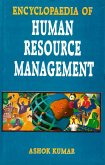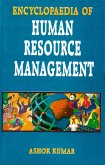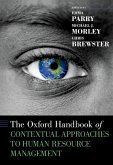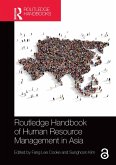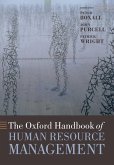Human resources is a term with which many organisations describe the combination of traditionally administrative personnel functions with performance, Employee Relations and resource planning. The field draws upon concepts developed in Industrial/Organisational Psychology. Human resources has at least two related interpretations depending on context. The original usage derives from political economy and economics, where it was traditionally called labour, one of four factors of production. The more common usage within corporations and businesses refers to the individuals within the firm, and to the portion of the firm's organisation that deals with hiring, firing, training, and other personnel issues. Modern analysis emphasizes that human beings are not "commodities" or "resources", but are creative and social beings in a productive enterprise. The 2000 revision of ISO 9001 in contrast requires to identify the processes, their sequence and interaction, and to define and communicate responsibilities and authorities. In general, heavily unionized nations such as France and Germany have adopted and encouraged such job descriptions especially within trade unions. One view of this trend is that a strong social consensus on political economy and a good social welfare system facilitates labour mobility and tends to make the entire economy more productive, as labour can move from one enterprise to another with little controversy or difficulty in adapting. This encyclopaedia is a one-stop resource for all researchers, teachers, and students involved in this crucial area of study.
Dieser Download kann aus rechtlichen Gründen nur mit Rechnungsadresse in A, B, BG, CY, CZ, D, DK, EW, E, FIN, F, GR, HR, H, IRL, I, LT, L, LR, M, NL, PL, P, R, S, SLO, SK ausgeliefert werden.




